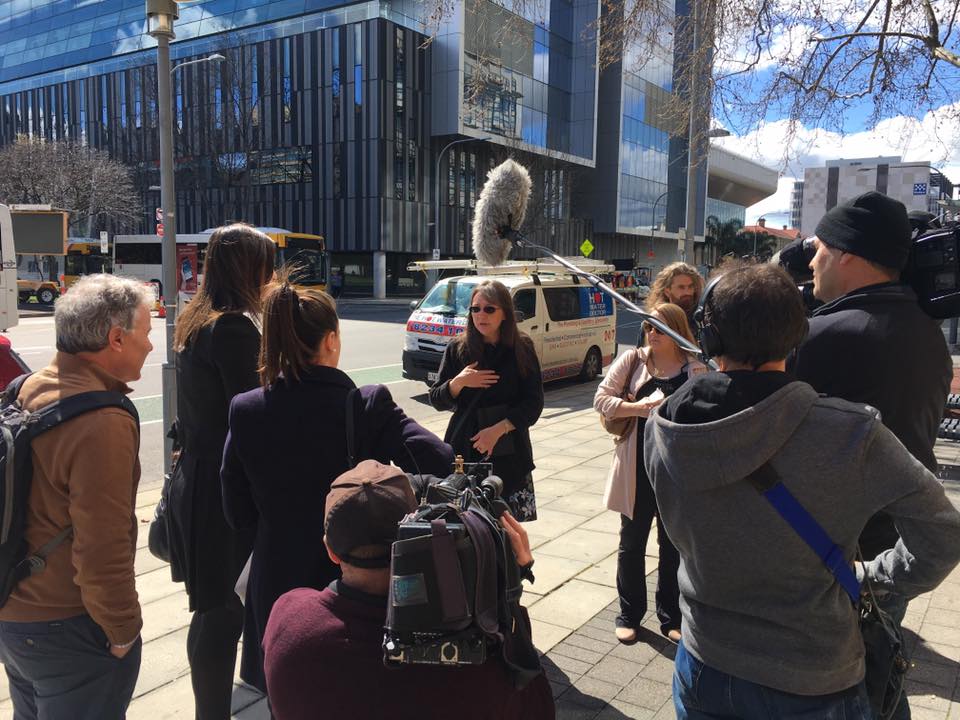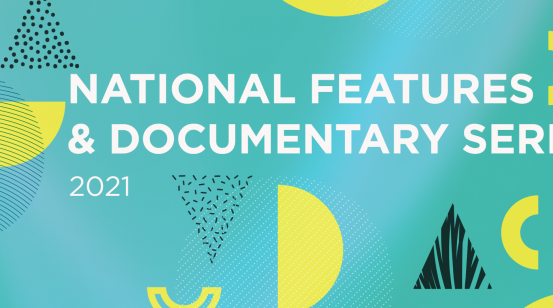
A Fighting Chance
Produced by Tara Nash (Radio Adelaide)
Mentored by Sharon Davis (ABC)
Over the last few years, medicinal cannabis has been progressively legalised in Australia.
But how effective are the new laws?
One woman in South Australia believes the situation is overly complicated, and her determination to assist patients on her own has left her with serious legal ramifications.
In A Fighting Chance, Tara Nash speaks with some who are caught in the grey area of medicinal cannabis.
This feature is currently unavailable, pending the outcome of an interviewee's appearance before court.
It all started for me listening to a news bulletin blaring in my lounge room: a South Australian woman was providing lifesaving treatment to people with chronic illnesses.
But then her home was raided, the medicine confiscated and she was facing seven years in jail. Her crime? Supplying medicinal cannabis.
I don't recall any other news provoking my ire more than this. How could a woman, who was providing medication in lieu of a legal alternative, now be getting smacked with the burden of the justice system?
And the case studies began rolling into the news; stories of people with Parkinson's where their symptoms are instantly relieved, people with epilepsy who found a way to stop seizures, people on chemotherapy finding relief. People who are desperate for any sort of relief from debilitating symptoms.
 And it was a topic that hit closer to home.
And it was a topic that hit closer to home.
My sister suffers epilepsy and has told me horror stories of how her legal prescription medication – which has never relieved her completely from seizures – has given her serious side effects; fatigue, memory loss but the worse being hallucinations: a blue man approaching her bed.
Since applying to participate in this Series, medicinal cannabis was legalised. Does that mean the issue of accessibility was fixed for patients? No, that was far from true as I discovered. I got the numbers from Federal Department of Health.
Meeting Jenny was significantly memorable and moving. She had kind eyes, was very open about her experiences and generously gave her time to me well after the recording stopped.
On one hand it was very reassuring to know there are legitimately selfless, good people in the world. People who would stress every resource they could to make a positive impact on another life.
But on the other hand, meeting her in person and learning of the toll this experience has had on her mental health was completely crushing.
In many ways I believe Jenny’s story, her bravery, is what prompted politicians to act on passing legislation.
Her story and her continual fight against the system will go down in history.
This feature is not intended as medical advice. If you have a medical condition please consult with a licensed physician or other healthcare worker.
This piece was made for the CBAA's National Features & Documentary Series 2017, a showcase of work by new and emerging Australian community radio producers, with training and mentoring provided by the Community and Media Training Organisation. The opinions expressed in National Features & Documentary Series content are those of the individual producers or their interviewees, and not necessarily shared by the CBAA or CMTO.
The 2021 National Features & Documentary Series are live

Facebook comments